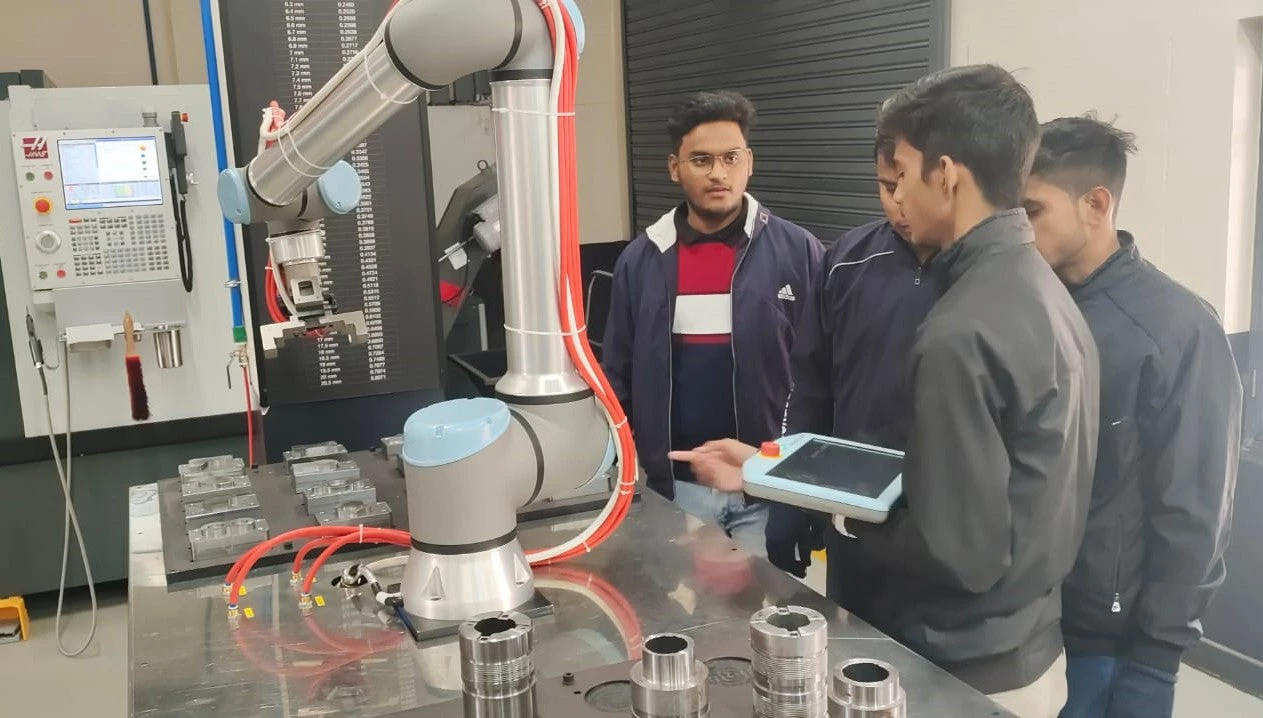 Students working on a machine in a laboratory at the Center of Excellence, ITI in Haridwar.
Students working on a machine in a laboratory at the Center of Excellence, ITI in Haridwar.
Aman was the sole bread winner in a family of six in India’s Himalayan state of Uttarakhand. He told us that after high school he had joined an Industrial Training Institute (ITI) - a government-run technical training institute – in the hope of getting a good job in one of the state’s fast-growing industries. But while the ITI education helped him build his technical knowledge, he was still not fully equipped for gainful employment in the rapidly evolving job market.
That changed after a new Center of Excellence was established under a public private partnership at the ITI in Kashipur, where Aman had studied. The industry-led training provided at the Center complemented his ITI education with advanced skills, enabling him to secure a job at a well- known company, as well as a higher wage. "If not for the Building Automation Specialist program at Kashipur, I would have been earning half my current wage in a smaller company,” Aman said.
Equipping India’s youth with the skills needed by the knowledge economy is crucial to provide productive employment to its growing young population . And the small Himalayan state of Uttarakhand - with a population of about 10 million - has much to gain by skilling its workforce. Within a decade of its creation in 2000, the state witnessed rapid industrial growth, with the share of manufacturing in GSDP rising from 18.8 percent to 31.5 percent. To sustain this growth, the state adopted an aggressive plan for skill development.
Among the models piloted was the establishment of Centers of Excellence under public-private partnership at the ITIs in Kashipur and Haridwar, sizeable industrial towns with several education hubs. The pilot is supported by the World Bank’s Uttarakhand Workforce Development Project.
One of the Centers focuses on electrical technologies and the other on manufacturing. The two partners - Schneider Electric for electrical technology, and Phillips for manufacturing technology - are among the global leaders in their sectors. The partners, interested in training a labor force for their growing industries, have made significant investments in these Centers, providing them with best-in-the-class equipment.
Better job prospects and higher wages, including for girls
Each Center has trained one batch so far and the results are encouraging. In Kashipur, 52 out of the 57 students who were trained in electrical technology are now earning INR 19,500 – 22,000 per month - about 2.5 times the average for ITI graduates. Similarly, at Haridwar, 13 out of 16 trainees are earning between INR 22,000 – 26,000 per month - 2.5 to 3 times the average. They have also been employed with established companies that offer better career prospects and greater job security.
Girls too are among them. “I’ve graduated as an electrician from the ITI near my home,” said Neha, a female trainee. “Most of my classmates - mainly boys - got jobs as electricians in the construction sector…but this is a difficult work environment. The training will help me get a job in electrical systems service, a field that is more appropriate for me.”
Doing things differently
“If you want different results, you must do things differently,” emphasized Mr. V. K. Yadav, project director and Secretary, Department of Skill Development and Employment. “We were not looking for just equipment and infrastructure, but also for technical support and training. Therefore, it was important for us to have a partnership framework, and not the regular procurement process.”
Industry partners have also welcomed the move. “The state of Uttarakhand has shown great leadership by partnering with leading industries to establish these Centers of Excellence,” said Mr. Sai Krishna Rao, Schneider Electric’s Head of Education Services. “Industries can now propose the right solutions for training in the relevant and latest technologies.” The partners will provide trainers for the first three years, after which the state will develop its own cadre to take the initiative forward.
Given the success of these pilots, Uttarakhand plans to add more such centres in the coming years. A Skills Hub has already been constructed at Sahaspur, near the state capital of Dehradun.
“We have big plans for Sahaspur,” said Mr. Yadav. “We have created classrooms and hostel facilities and are in advanced discussions with 8-10 companies to establish Centers of Excellence on the same model as the two earlier ones.”
Industry partners have also proposed five more such centers, including in advanced fields such as mechatronics, industrial robotics, hydraulics & pneumatics, etc.
As Mr. Terrence Miranda, Managing Director of Phillips Education said, “it’s a bridge to the future”.

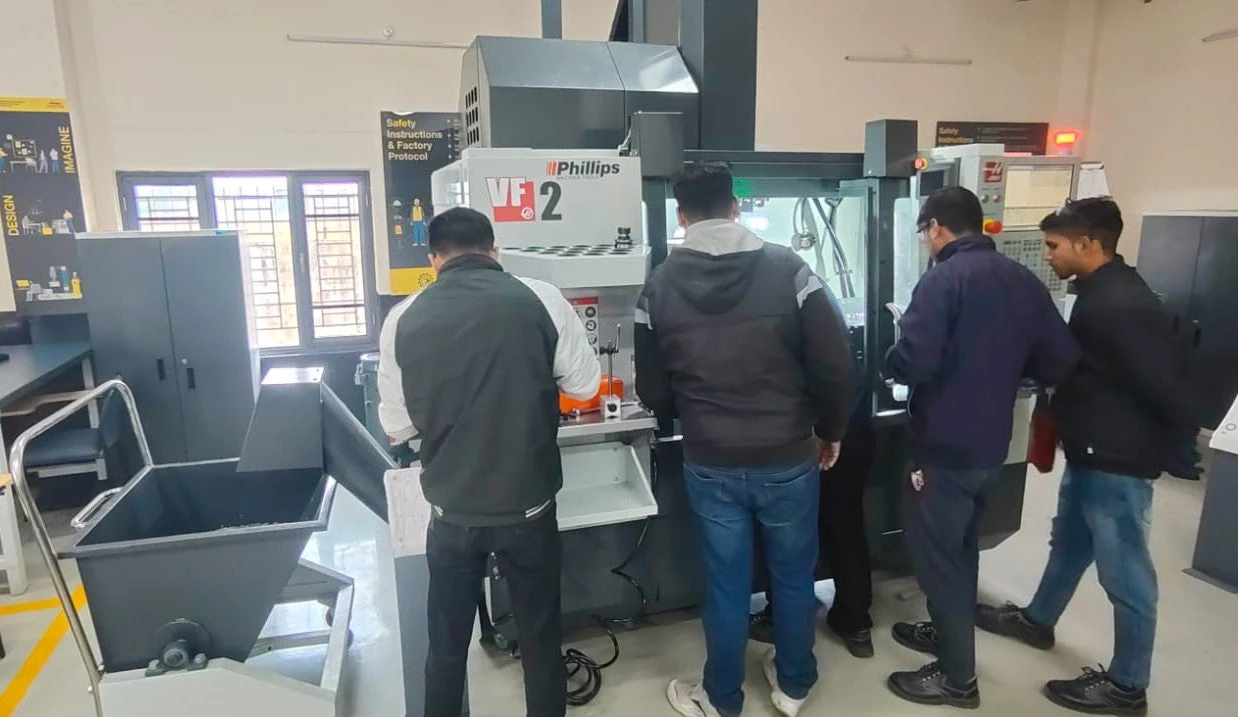
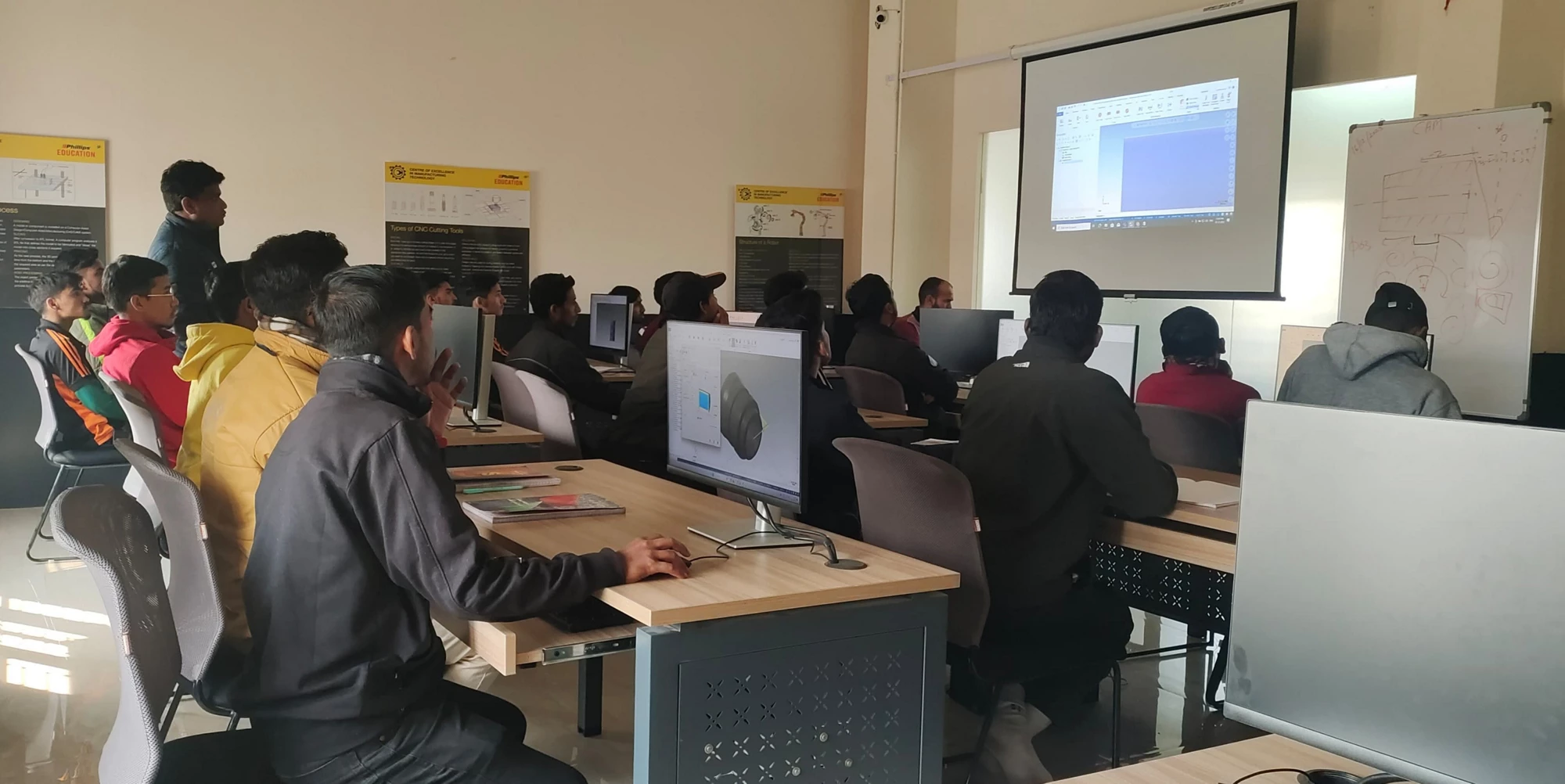
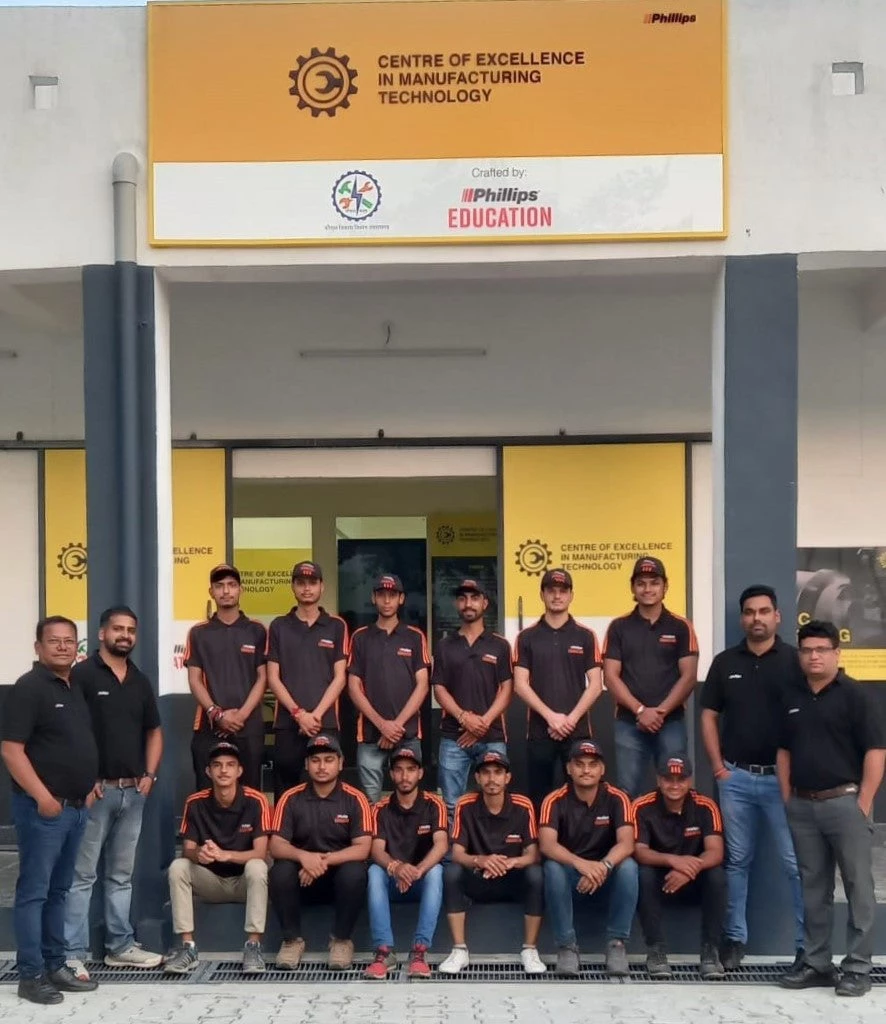
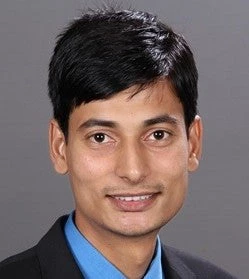
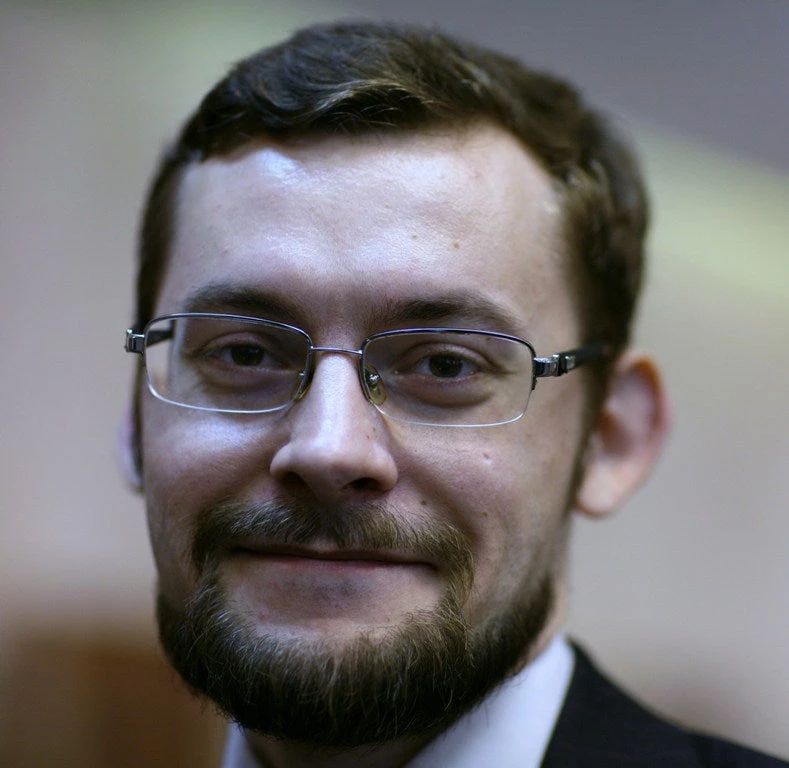
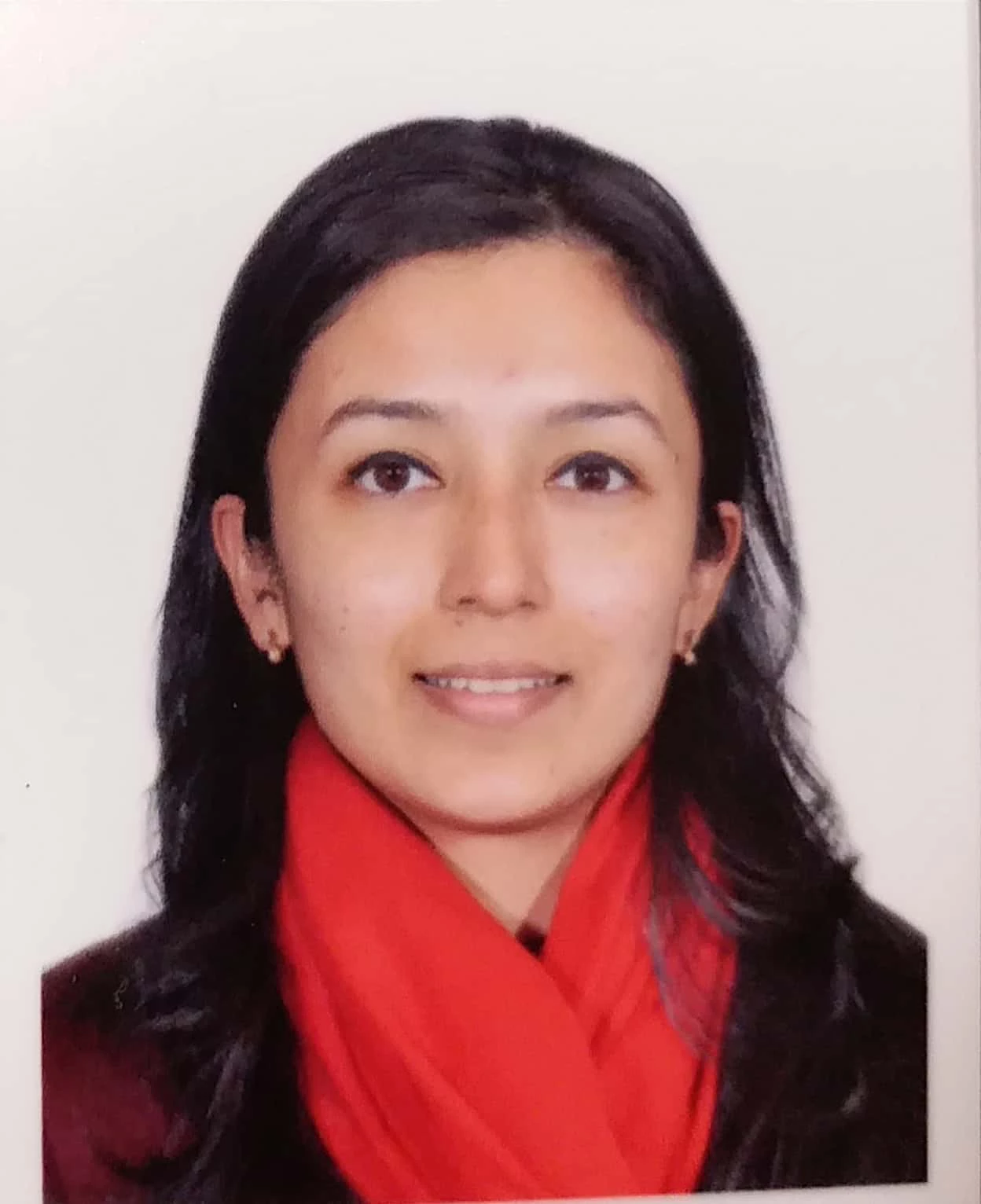
Join the Conversation